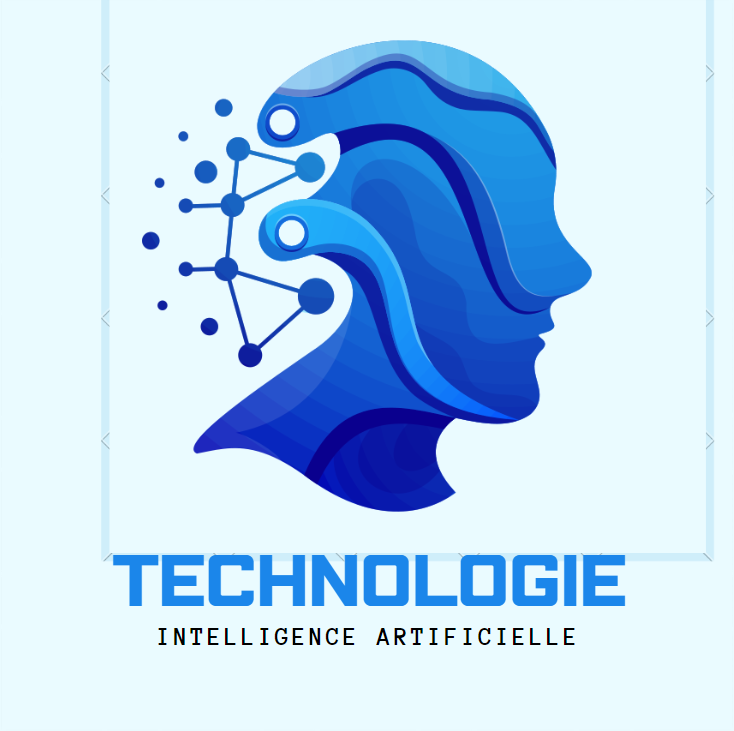AI and Privacy: How Artificial Intelligence is Impacting Your Information Privacy and Data
Artificial intelligence (AI) is everywhere these days, right? It's in our phones, our computers, our homes, even in our refrigerators. But did you ever stop to think about how AI is affecting information privacy and data Yeah, it's kind of a big deal.
 |
| ai and privacy-How Artificial Intelligence is Impacting Your Information Privacy |
You see, AI is like that nosy neighbor who always seems to know everything about everyone. It's constantly collecting data about you: what you buy, where you go, who you talk to. And sure, it might make your life a little easier sometimes, like when it suggests the perfect playlist or reminds you to buy more milk. But at what cost?
How AI Collects Your Data?
Think about all the apps you use every day. Facebook, Instagram, Twitter, Snapchat... the list goes on. Every time you use one of these apps, AI is there, quietly watching, learning, and collecting data about you. It knows what you like, what you don't like, and even what you're thinking (okay, maybe not that last one, but give it time).
The Problem with Data Collection
So what's the big deal, you ask? Well, here's the thing: all this data collection can be a serious *threat to your privacy*. Your personal information is valuable, and not just to you. Companies are willing to pay big bucks for it, and sometimes they don't really care how they get it.
How AI Uses Your Data?
Once AI has collected all this data about you, it doesn't just sit there gathering dust. Oh no, it puts that data to work. It uses it to target you with ads, recommend products, and even make decisions about you, sometimes without you even realizing it.
The Risks of AI and Privacy?
The risks of AI to privateness encompass:
- Data Breaches: AI structures regularly require big quantities of facts, which will increase the chance of facts breaches and unauthorized access to personal statistics.
- Surveillance: AI-powered surveillance structures can invade privateness with the aid of monitoring and reading humans's activities with out their consent.
- Biased Decision-Making: AI algorithms can perpetuate or even exacerbate present biases, leading to unfair or discriminatory selections that infringe upon people' privacy.
- Inference of Sensitive Information: AI algorithms can infer sensitive facts approximately people from apparently innocuous records, potentially violating their privacy.
- Re-Identification: AI can be used to re-discover anonymized records, compromising individuals' privateness.
To mitigate those dangers, it is important to increase and put in force sturdy privacy protection measures, including records anonymization, encryption, and transparency in AI systems.
How to Protect Yourself?
To guard your privacy from AI-associated risks, you can take numerous measures:
- Limit Data Sharing:Be cautious about sharing non-public statistics online and only offer necessary facts to depended on sources.
- Use Privacy Settings: Regularly assessment and adjust privacy settings on social media systems, apps, and devices to restriction the gathering and sharing of your statistics.
- Use Strong Passwords: Use particular, sturdy passwords for all your money owed and enable -issue authentication whilst available.
- Be Cautious with AI Devices: Understand the privacy implications of AI gadgets like clever speakers and make certain they're configured to decrease records series and processing.
- Stay Informed:Stay knowledgeable about the contemporary trends in AI and privacy, and be vigilant about how your facts is being used and guarded.
- Support Privacy Regulations:Advocate for sturdy privateness guidelines and help corporations and organizations that prioritize user privateness and records safety.
By following these steps, you may help shield your self from the potential privateness risks related to AI technology.
Conclusion:In conclusion, AI is changing the world in a lot of ways, but it's also affecting information privacy and data. It's up to us to make sure that our data is being used responsibly and ethically. So next time you're scrolling through Instagram or asking Alexa to play your favorite song, just remember: big brother is watching.
